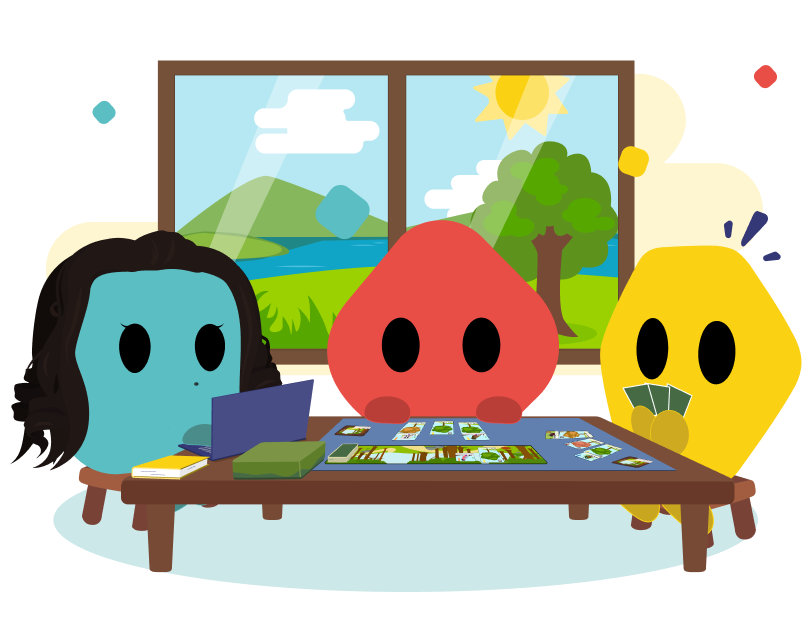- Project
- Underway
The impact of board games’ materiality on the reception of their environmentalist message
Gabrielle Trépanier-Jobin Professor in Game Studies
Gabrielle Trépanier-Jobin is a Professor of Game Studies at the École des Médias, Université du Québec in Montreal (UQAM) and co-director of the Homo Ludens research group. Her thesis focused on the use of parodies as a fun way of fighting gender stereotypes. She is currently conducting research on player immersion, diversity and inclusion in the gaming industry, and the use of games to raise ecological and societal awareness.
-
Project start date :
2025/06/02 -
Status :
Underway -
Research organization :
Université du Québec à Montréal -
Team :
/
In 2024, Game in Lab selected Pr. Gabrielle Trépanier-Jobin's project to examine how the materiality of board games influences the reception of their environmentalist messages. This research focuses on games that promote sobriety and degrowth, and investigates whether minimalist or sophisticated production choices affect negatively or positively players’ interpretation of ecological values. The project will contribute both to the advancement of game studies and sustainable design practices.
Project overview
While many recent games addressing climate change now use sustainable materials (such as wood, paper from responsibly managed forests, vegan inks, and digital rulebooks), their design often aligns with conventional entertainment games, with large boards, colorful illustrations, and numerous components. These sophisticated features, while enhancing user experience, may contradict messages promoting sobriety and degrowth. This project aims to assess how such material choices influence the perception of environmentalist messages. It investigates whether this potential dissonance affects players’ understanding of the game’s intent and whether minimalist designs could better support its environmental intentions.

Methodology
Two environmentalist board games, Daybreak and Detritus, are played and compared. The game sessions are recorded and analysed. Focus groups are conducted to discuss players’ experiences, perceptions of materiality, the coherence between components and environmental messages. This qualitative approach helps to generate hypotheses about how material choices influence the reception of environmentalist messages in board games.
Outcomes
The project is ongoing. It will generate new hypotheses and contribute to theories on how the materiality of board games shapes the reception of their environmental messages.
